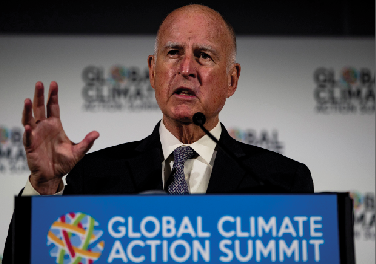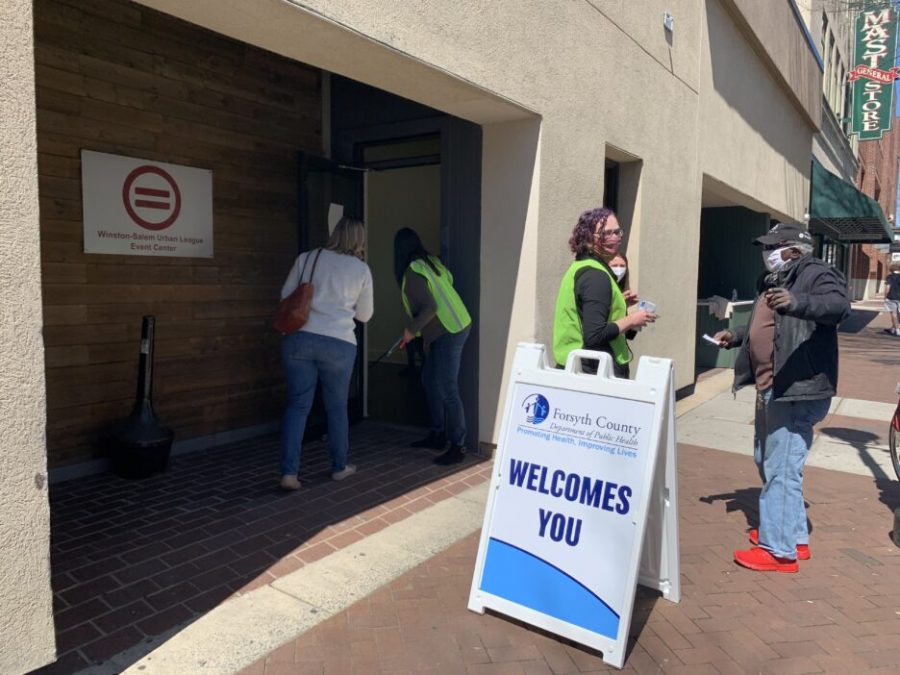On Sept. 12‑14, political leaders, business executives and activists from all over the world gathered in San Francisco, CA for the Global Climate Action Summit (GCAS). The goal of the conference was to highlight the accomplishments of global leaders in fighting climate change, as well as to urge each country to take more aggressive action in reducing carbon emissions.
With an expansive international audience, GCAS was used as a platform to address five key environmental initiatives: healthy energy systems, inclusive economic growth, sustainable communities, land and ocean stewardship and lastly transformative climate investments. Each category of focus included comprehensive action plans to reaching goals in areas such as generating clean energy jobs, forming science-based targets that will help keep down the world’s temperature and managing climate risks in large-scale companies and factories.
In 2016, 175 parties from all over the world signed a document called the Paris Climate Agreement, which outlines each country’s pledge to combat climate change keeping temperature change below two degrees Celsius.
Since then, 194 states and the European Union have signed the agreement; however, one of the world’s highest greenhouse gas emitters is now attempting to pull out: the U.S.
As the Trump administration works to remove the U.S. from this agreement and continues supporting policies that would boost methane emissions, other state leaders from around the country are working just as hard to push policies that promote more sustainable energy and an increase in green jobs.
The conference put a clear emphasis on bottom-up pressure throughout the government, with governors, mayors and indigenous leaders from across the globe acting as key players in the movement. Speakers ranged from Lord Mayor of Copenhagen Frank Jensen to U.S. House of Representatives Minority Leader Nancy Pelosi. While some leaders plan to integrate more bike paths or install solar energy panels, Mayor of Milan Giuseppe Sala is focusing his efforts on reducing waste throughout his city.
“I’m very, very proud of waste management,” Sala said. “I know it is not a sexy issue, but we commit to a future without waste.”
California Governor Jerry Brown helped organize this massive summit and is just as interested in implementing environmentally-conscious laws into his own state. On Sept. 10, Governor Brown signed legislation that will shift California’s electricity to completely emission-free by 2045.
Politics is only one side of the environmental movement, though. Support from businesses is just as important in maintaining long-term solutions to fighting climate change. Some businesses have been more obvious to the general public in their commitment to environmentally-friendly practices, such as Starbucks phasing out straws from their cafes.
Others, like Mahindra & Mahindra, one of the most lucrative corporations in India, are pledging that all of their operations will be carbon neutral by 2040.
One of the most outspoken businessmen in climate change, potential 2020 presidential candidate Michael Bloomberg, stressed the importance and potential economic benefits of companies and consumers remaining committed to environmental protection during his speech at the conference. Bloomberg is the former mayor of New York and CEO of Bloomberg LP but runs a philanthropic unit which has supported coral reef scientists and contributed $4.5 million to support the UN Climate Change Secretariat.
It was not only business executives and politics who attended the conference; activists, heads of NGOs, media representatives and celebrities were among the crowd listening to how states and countries planned to help realize the goals of the Paris Agreement. Also in the crowd was Wake Forest journalism professor Justin Catanoso, who was reporting on the conference for environmental news outlet Mongabay.
“This California summit was a breath of fresh air in hearing what all these various governmental entities below the national level were doing to combat climate change,” Catanoso said. “It felt more optimistic, but it is going to be really difficult to meet the goal of the Paris Agreement. There is a lot at stake and I don’t think that people can grasp that.”
With definitive pledges from governmental leaders and support from both businesses and environmental activists, GCAS provided a catalyst for conversations, and action, in the ongoing fight against climate change.







